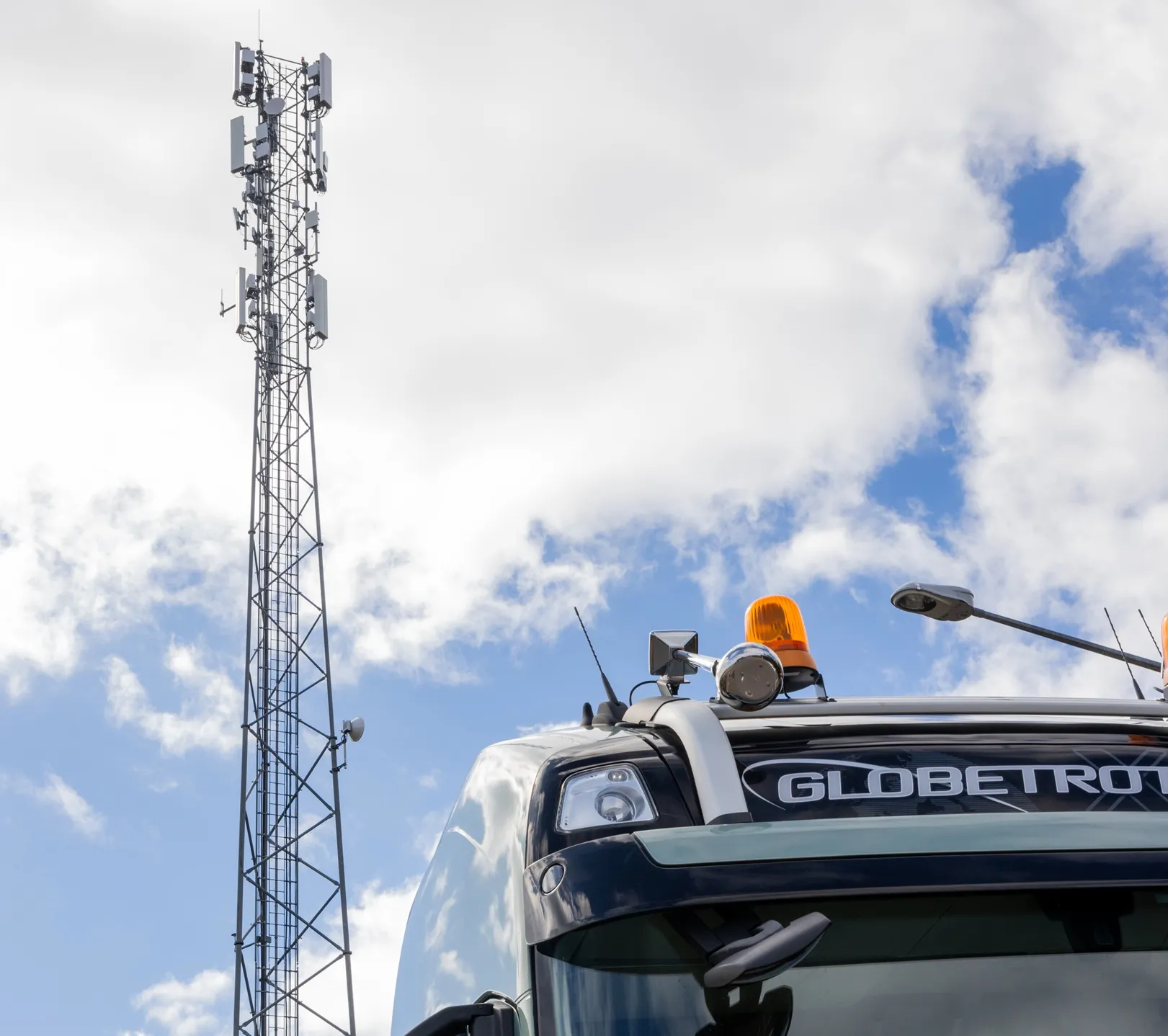Tel Aviv, Israel is about to become the first city to implement the futuristic skyTran system of magnetic levitation (maglev) high-speed personal transit.
US company skyTran, headquartered at the NASA Research Park (NRP) in California and Israel Aerospace Industries (IAI) have entered into an agreement to construct a skyTran Technology Demonstration System (TDS) on the grounds of IAI's corporate campus.
Developed by skyTran CEO, Jerry Sanders, skyTran is a high-speed, elevated, levitating, energy-ef
June 27, 2014
Read time: 2 mins
Tel Aviv, Israel is about to become the first city to implement the futuristic skyTran system of magnetic levitation (maglev) high-speed personal transit.
US company skyTran, headquartered at the NASA Research Park (NRP) in California and Israel Aerospace Industries (IAI) have entered into an agreement to construct a skyTran Technology Demonstration System (TDS) on the grounds of IAI's corporate campus.
Developed by skyTran CEO, Jerry Sanders, skyTran is a high-speed, elevated, levitating, energy-efficient transportation system. The skyTran system is a network of computer-controlled, two-person ‘jet-like’ vehicles employing state-of-the-art passive maglev technology. According to skyTran the system will transport passengers in a fast, safe, green and economical manner.
The TDS will incorporate skyTran’s salient features. It will provide a platform for skyTran vehicles to travel at high speeds, with full payloads while levitating. The TDS will enable testing, refinement, and validation of skyTran’s technology in a controlled environment.
The TDS will be followed by deployment of the first commercial skyTran system in Tel Aviv, Israel. Other projects worldwide are pending TDS completion.
Jerry Sanders remarked, “The support afforded by IAI is a breakthrough for skyTran. IAI, as a world class designer of aircraft and avionics, is the perfect partner to take skyTran from concept to construct."
IAI’s Yossi Melamed declared, “We are proud to be part of this exciting moment in transportation history and to host the first SkyTran system in our grounds. The TDS will incorporate IAI’s advanced capabilities in the areas of engineering, robotics, and control.”
US company skyTran, headquartered at the NASA Research Park (NRP) in California and Israel Aerospace Industries (IAI) have entered into an agreement to construct a skyTran Technology Demonstration System (TDS) on the grounds of IAI's corporate campus.
Developed by skyTran CEO, Jerry Sanders, skyTran is a high-speed, elevated, levitating, energy-efficient transportation system. The skyTran system is a network of computer-controlled, two-person ‘jet-like’ vehicles employing state-of-the-art passive maglev technology. According to skyTran the system will transport passengers in a fast, safe, green and economical manner.
The TDS will incorporate skyTran’s salient features. It will provide a platform for skyTran vehicles to travel at high speeds, with full payloads while levitating. The TDS will enable testing, refinement, and validation of skyTran’s technology in a controlled environment.
The TDS will be followed by deployment of the first commercial skyTran system in Tel Aviv, Israel. Other projects worldwide are pending TDS completion.
Jerry Sanders remarked, “The support afforded by IAI is a breakthrough for skyTran. IAI, as a world class designer of aircraft and avionics, is the perfect partner to take skyTran from concept to construct."
IAI’s Yossi Melamed declared, “We are proud to be part of this exciting moment in transportation history and to host the first SkyTran system in our grounds. The TDS will incorporate IAI’s advanced capabilities in the areas of engineering, robotics, and control.”









